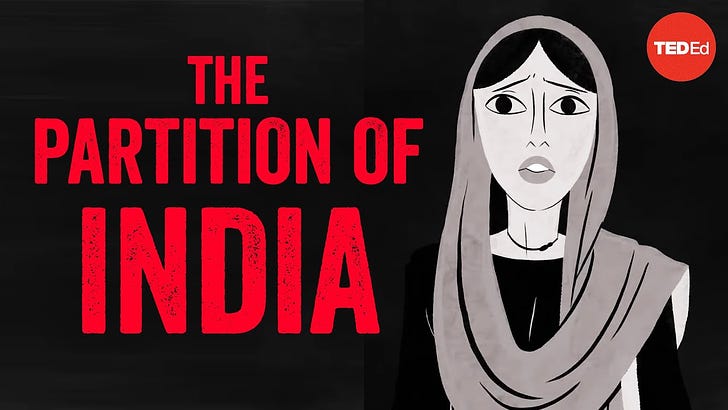Hey friend 👋
Before we get started, I want to invite you to next week's Indie MBA event. This one is a little different.
It's about a topic we don't talk about enough - Mental Health.
I'm hosting neuroscientist Dr. Christin Chong to give a workshop on meditation.
I think this is very important issue we need to discuss a lot more of, and I'm super grateful that Christin is doing this.
Find out more details, and register for free below 👇
✌️ Only 2 Business Models in the world
This week I wrote a post about the 2 business models in the world - Products and Service.
And how I am using these 2 models in my own pursuit of building a 1 person sustainable business.
I think you will find this post useful, especially if you’re just starting out, or want to start your own business soon.
This is something I wish someone had explained to me when I was starting out.
📖 5 Cool Things
India celebrates it’s 75th Independence Day tomorrow.
It’s a moment of glory worth celebrating.
Freedom is a core human need and every person on the planet deserves it. So it must be celebrated and cherished.
But India’s independence also marks the bloody partition of a prosperous sub-continent into 2 artificial countries.
The largest forced migration in human history that caused 15 million people to lose their homes and over 1 million people to lose their lives.
The partition is a highly nuanced topic that will required many books to understand properly.
But if you’re short on time, this 5 minute video from Ted Ed is the gist -
Staying on the topic of partition, this video from Vox dives deeper into the issue. This is an on the ground report of the problem -
One final recommendation on the partition of India.
This is a fantastic speech by Indian politician Shashi Tharoor on the topic of “Does Britain owe reparations to India?”
Held the Oxford Union Society in Britain.
Watch this video to get your mind blown.
This is a hard hitting look at what 200 years of British colonization did to a prosperous country like India.
Why Aristotle matters!
“The best way to organize the state is the one that creates the most happiness for its citizens (not an easy problem, of course). For Aristotle, the polity, the ideal democracy, met this criteria — it allowed for the development of virtues that support the common interest, and limited the emphasis on wealth, allowing for the development of a desirable middle class.”
Read this brilliant article from Farnam Street about Aristotle and how he thought about organizing the state.
Never trust an article that says “Some scientists think” as it’s sources.
Read this from a real scientist -

This Week that Year:
Getting busy living | Wisdom Letter #102
A Nation's Tryst With Destiny | Wisdom Letter #50
Important Update for new members
If you’re a new subscriber, make sure you move us to your primary inbox.
Or just hit reply on any of our emails.
That’s the best way to make sure you get all our future emails.
Bye 😀
Ayush & Aditi
PS: If you liked this post, please share it with 1 friend.
PPS:




